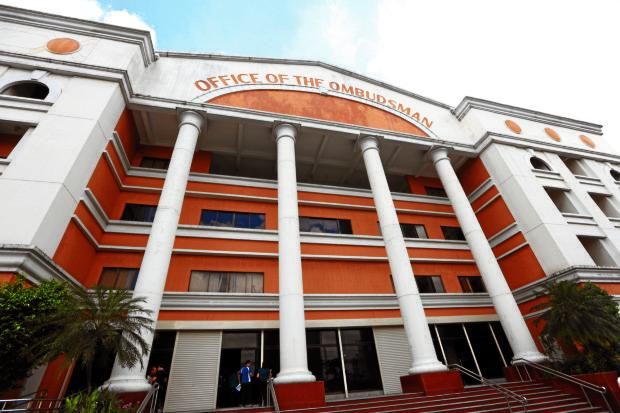MANILA, Philippines — Ombudsman Samuel Martires will wait for the full audit reports on the Department of Health’s (DOH) COVID-19 fund spending as the Commission on Audit (COA) recommendations can be settled by the beleaguered agency.
Martires stressed in a statement on Thursday that audits conducted by COA give agencies the flexibility to address observations and fully implement recommendations.
COA on Wednesday released its report on DOH’s audit for 2020, in which it was found that the department did not manage its P67.32 billion fund for the COVID-19 pandemic well, ranging from non-compliance with pertinent laws to unused funds.
“It must be noted that the AAR contains several Audit Observation Memorandum reports, and at this stage of the proceedings, the Office of the Ombudsman will await the completion of the auditing process as the agency is given the opportunity to ensure full implementation of all audit recommendations to improve the financial and operational efficiency of the DOH,” Martires said.
However, despite the differences in the audit report between DOH and COA, Martire’s Ombudsman office would not act as such issues can be resolved at en banc meetings of the COA.
“Following this, should there be non-compliance or disagreement in the implementation of the recommendations and observations of the auditors, the matter may still be elevated to the COA en banc which has the final say on the matter,” the Ombudsman added.
COA’s annual audit report for DOH in 2020 revealed that the deficiencies in the COVID-19 funds were caused by non-compliance with pertinent laws and regulations, leading to missed opportunities for the department primarily tasked with managing the pandemic.
These issues, COA said, cast doubt on the regularity of transactions while keeping much-needed funds at bay and unspent.
The commission also made a list of recommendations to Health Secretary Francisco Duque III, which centered on reminding and directing unit heads to act urgently in utilizing funds allocated to fight the COVID-19 pandemic while instructing the administration and financial team to closely coordinate and “conduct regular/periodic assessment” on the utilization of COVID-19 funds.
Martires said that this step — awaiting COA’s full report — is necessary to avoid losses for the government, like what happened in cases involving former Caloocan Mayor Enrico Echiverri.
“To await the finalization and completion of the auditing process avoids a repeat of having to withdraw cases already filed in court based on preliminary audit findings similar to the events that transpired in the Echiverri cases in 2018,” Martires noted.
Over 50 graft cases were filed by Martires’ predecessor before anti-graft court Sandiganbayan, mostly relating to moves to enter into projects and other supposedly anomalous transactions without first seeking the city council’s approval.
However, Echiverri started winning a number of cases after it was revealed that the Caloocan city council actually authorized the former local executive to enter into various development projects.
READ: Echiverri vs Ombudsman, 4-0; 53 more graft cases to go
It could be remembered that DOH had faced a myriad of issues in terms of funding early into the pandemic when corruption issues within the Philippine Health Insurance Corporation (PhilHealth) were revealed by a former anti-corruption officer.
During a Senate investigation, it was also revealed that PhilHealth made around P14 billion worth of interim reimbursement mechanism (IRM) payments to healthcare institutions that are not handling COVID-19 cases, like dialysis centers and maternity clinics.
The IRM is a system created to fund fortuitous events or unforeseen events.
READ: Rectifying not enough, PhilHealth officials must be held criminally liable – Lacson


